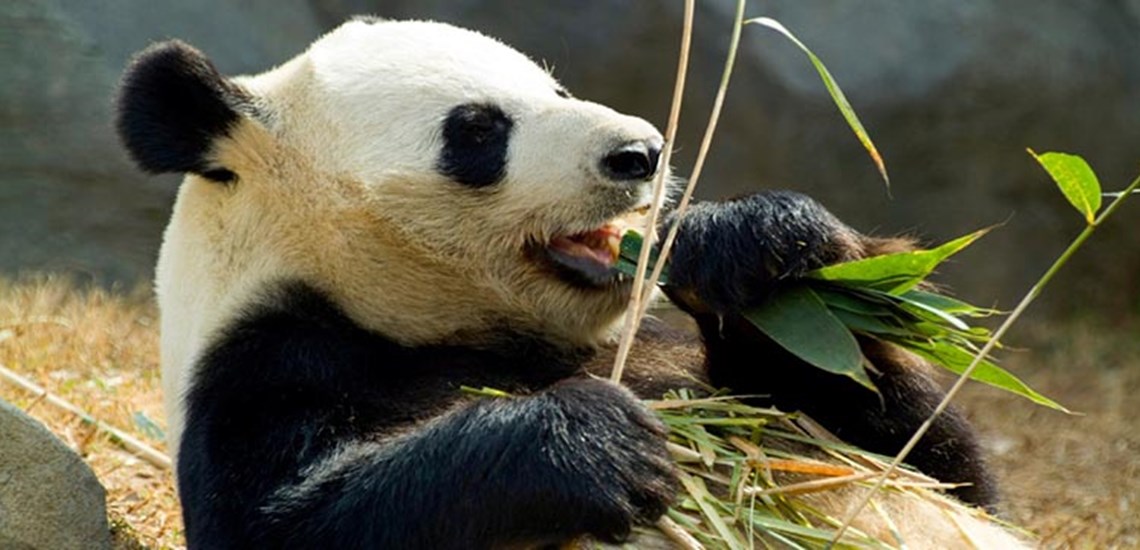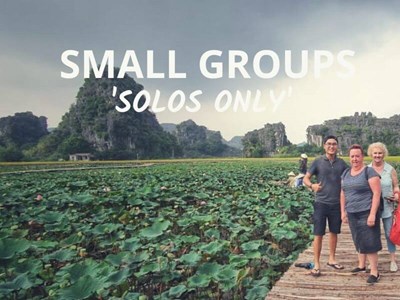China
A singles holiday in China is bound to be interesting, to say the least. Given its long, rich history and its sheer size, it is virtually impossible to exhaust all the possible places to explore in the country in one visit alone.
This place is where plenty of traditions and inventions started, its four great inventions being the compass, gunpowder, paper making, and printing. For a deeper appreciation of its history, you can also visit tourist favourites such as The Forbidden City and The Great Wall of China, the Terracotta Warriors and the various other UNESCO World Heritage sites in Nanjing.
From its cuisine to its etiquette and the amount of red tape involved with exploring the country, there are plenty of aspects of China that can astound, frustrate, and awe a visitor. Make sure you go with an open mind and a hunger for adventure, and be ready for loud conversations in public, out-of-this-world experiences, and breathtaking sites.
- Location: China, Asia
- Size: 9,596,960 km2
- Capital: Beijing
- Largest Cities: Shanghai, Beijing, Hong Kong, Tianjin, Wuhan
- Climate: The climate in China varies wildly across its vast terrain. In general, however, the weather can be unpleasantly extreme, so visiting during spring or autumn (March to May and September to November, respectively) is a safer bet.
- Population: Over 1.3 billion people
Language: Mandarin, various dialects and regional languages
Religion: Buddhism, Taoism, Christianity; many Chinese are religious pluralists
Literacy Rate: 95.9%
Government Type: Single Party Socialist Republic
Head of State: President
Land Borders: In counter-clockwise order, North Korea, Russia (both in the northeast and the northwest), Mongolia, Kazakhstan, Kyrgyzstan, Tajikistan, Afghanistan, Pakistan, India, Nepal, Bhutan, Burma, Laos, and Vietnam.
- Currency: Renminbi
- Natural Resources: Coal, iron ore, petroleum, natural gas, various chemical and rare earth elements, hydropower potential.
- Main Agriculture: Rice, wheat, sweet potatoes, Chinese sorghum, millet, corn, cotton, tobacco, sugarcane, potatoes, soybeans, barley, peanuts, tea; cattle, pigs, poultry, sheep.
- Main Industry: Mining and ore processing; iron, steel, and other metals; machine building; textiles and apparel; consumer products; transportation equipment.
- Electricity: 220 V AC, 50 Hz
- Time Zone: GMT +8
Country Tel. Code: + 86
- Visa/Passport: Regardless of travel purpose, a visa is required for all Australian passport holders who intend to visit China. Take note that visa requirements for Hong Kong and Macau differ from the requirements for visiting mainland China. Australian passport holders only need to acquire visas if they intend to stay for 30 or more days in Macau or 90 or more days in Hong Kong.
- Airport: Hong Kong International Airport (HKG), also known as Chek Lap Kok Airport, is located in Lantau Island in Hong Kong. Beijing Capital International Airport (PEK) is the primary airport serving the capital and is approximately 32 kilometres away from the city centre. Shanghai Pudong International Airport (PVG) is 30 kilometres east of Shanghai’s city centre, while Guangzhou Baiyun International Airport serves the Guangzhou area in the country’s southeast region. All four airports are among the busiest in the world in terms of passenger traffic. The country is expected to have around 260 airports by 2015.
- Departure Tax: There is a 90 RMB departure tax for international flights and a 50 RMB fee for domestic flights. Fees are to be paid at specified tax desks in the airport.
- Getting Around: Domestic flights are the most sensible choice when planning to travel across the country. The country is also expanding its train services as a means of long-distance transportation. For shorter distances, travelling by bus, subway, or taxi are plausible options, though bicycles are by far the most popular choice for locals.
- Credit Cards: Use of credit cards is very limited in the country. They are mostly available only in more upscale establishments.
- Drinking: The legal drinking age is 18.
- Shopping: Shopping in China can be incredibly cheap or very expensive depending on the location. Bargaining is acceptable in certain places, usually if goods are not marked with a price. Good buys include porcelain (in Jingdezhen and Quanzhou), jade (in Xinjiang), and carpets (in Tibet).
- Tipping: Tipping is not customary in the country except for tour guides/escorts.
100% Australian; we 'get' the Australian travel style. And, better still, our arms are open to welcome our friends from other countries around the world, who'd like to travel with friendly Aussies.©
We've been creating and delivering the best ever holidays for solo travellers since 2006. As a boutique tour operator, we delight in detail, delivering personal service and finding your next best memory.©

